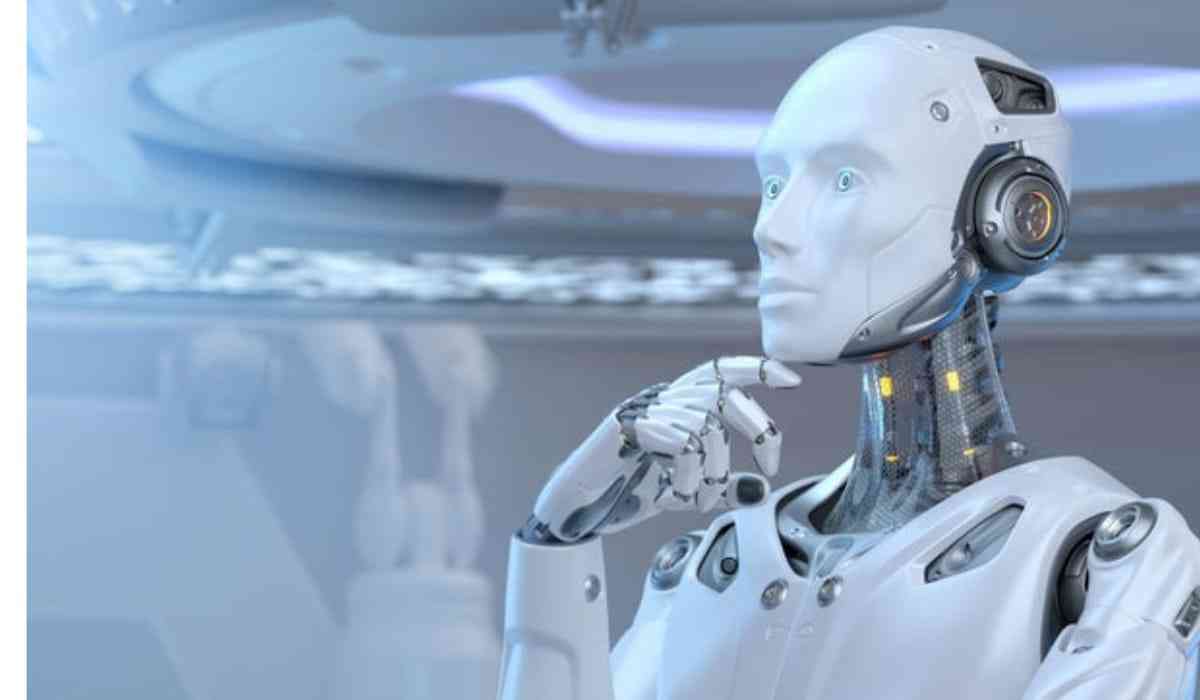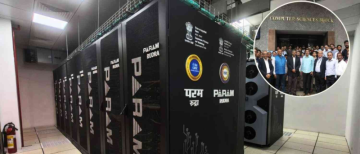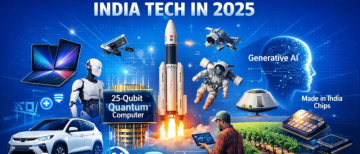China, a nation well-known for its aspirations in cutting-edge fields like artificial intelligence and quantum computing, has now turned its attention to an intriguing new field: lifelike robots. China intends to develop its first humanoid robots by 2025, according to a blueprint released by the Ministry of Industry and Information Technology and seen by Bloomberg.
The Chinese government intends to cultivate talent in this field, establish industry standards, support the growth of young enterprises specializing in humanoid robotics, and promote closer international cooperation as part of this endeavor. Shares of Chinese robotics businesses surged following this legislative guideline, demonstrating the excitement surrounding this new development.
The ongoing technological battle between the two biggest economies in the world, particularly in the areas of semiconductor chips and technology, gains more context with China's move. In the field of humanoid robot technology, American firms like Boston Dynamics and Tesla Inc. have had an advantage up to this point.
Over the next two years, China—which leads the world in electronics manufacturing—has set its sights on achievements in fields including motion control, environment sensing, and machine-to-human interface skills. The government has asked for further study into the creation of dexterous robot hands, limbs, and feet and is actively pushing the use of artificial intelligence in robotics.
The policy text is full with aspiration, even though it is devoid of specifics. By 2027, China wants its humanoid robots to be capable of thought, learning, and creativity. A dependable industry supply chain structure is also going to be established to facilitate the manufacturing of these sophisticated robots.
The stock market was significantly impacted by the announcement. The daily 10% increase in shares of companies such as Miracle Automation Engineering Co. and Ningbo Zhongda Leader Intelligent Transmission Co. Significant progress was also made by Shenzhen Sunwin Intelligent Co. and Siasun Robot & Automation Co.
Humanoid robots are expected to perform a growing number of duties that humans already conduct, ranging from commonplace jobs like grocery shopping to dangerous jobs in workplaces. China's entry into this market heralds a new era in the global robotics business, even if certain US companies are already leaders in this space, with Boston Dynamics' Atlas robot and Tesla creating its "Optimus" humanoid robot, both of which are capable of performing acrobatic backflips.
It appears that in the upcoming years, the world will witness tremendous advancements and improvements in this future technology as China intensifies its pursuit of lifelike robots.
pic source- x
© Copyright 2023. All Rights Reserved Powered by Vygr Media.




















